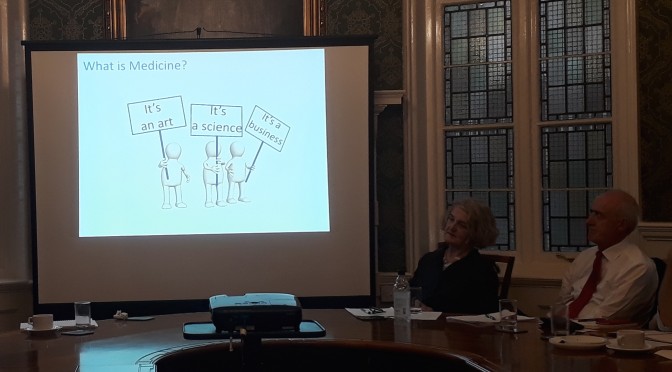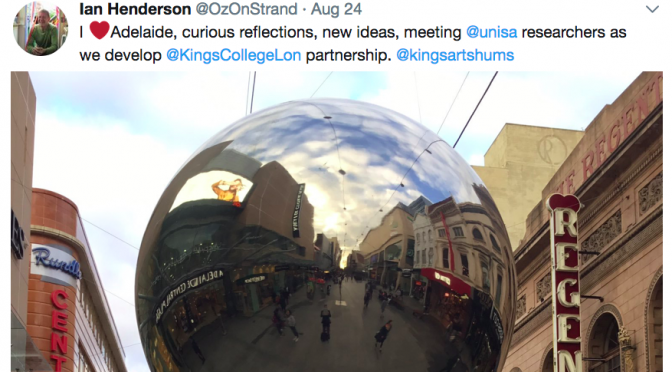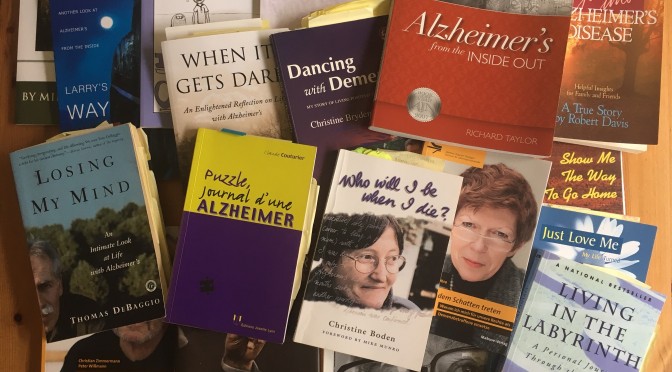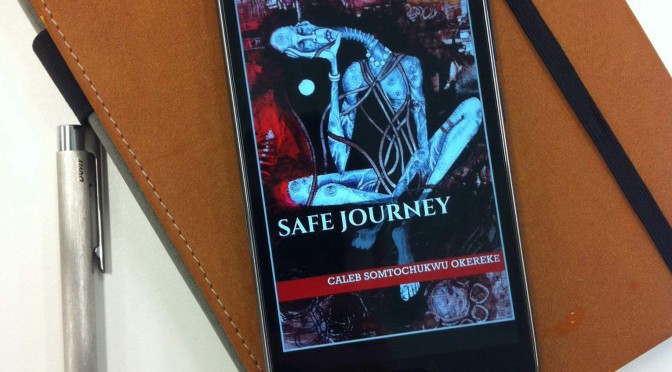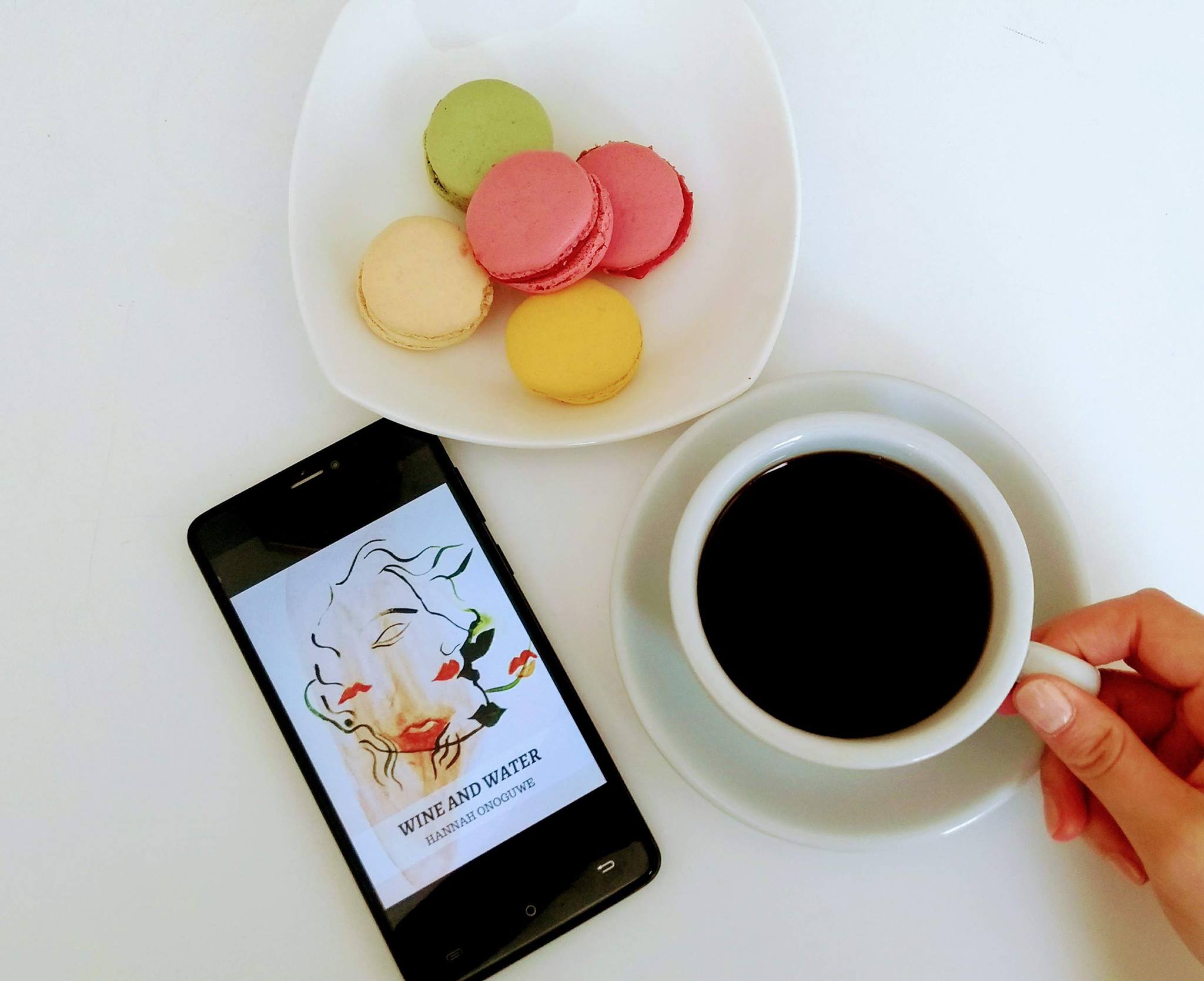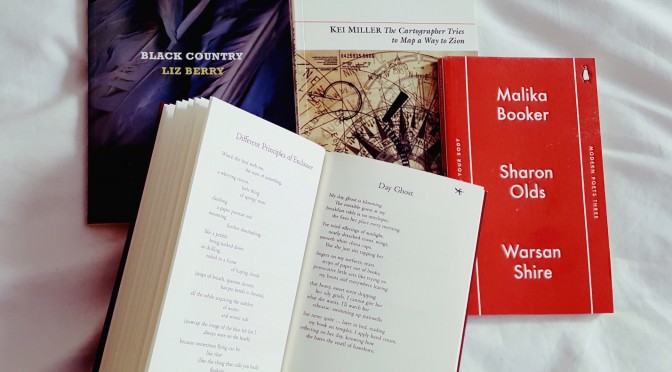by James Rakoczi, PhD researcher, Department of English. This post was first published on the Centre for Humanities and Health blog.
On 28 September 2017, the Centre for Humanities and Health brought together a collection of healthcare practitioners, literary scholars, journal editors, teachers and anthropologists at St. Bride’s Foundation off Fleet Street to discuss ambiguities and paradoxes in clinical practice. Because of my research, I spend a lot of my time thinking about ambiguity as it pertains to the experience of being ill, but I rarely get such an opportunity to consider it from the other side—how ambiguity haunts and energises the mechanisms of medical institutions and desires.

